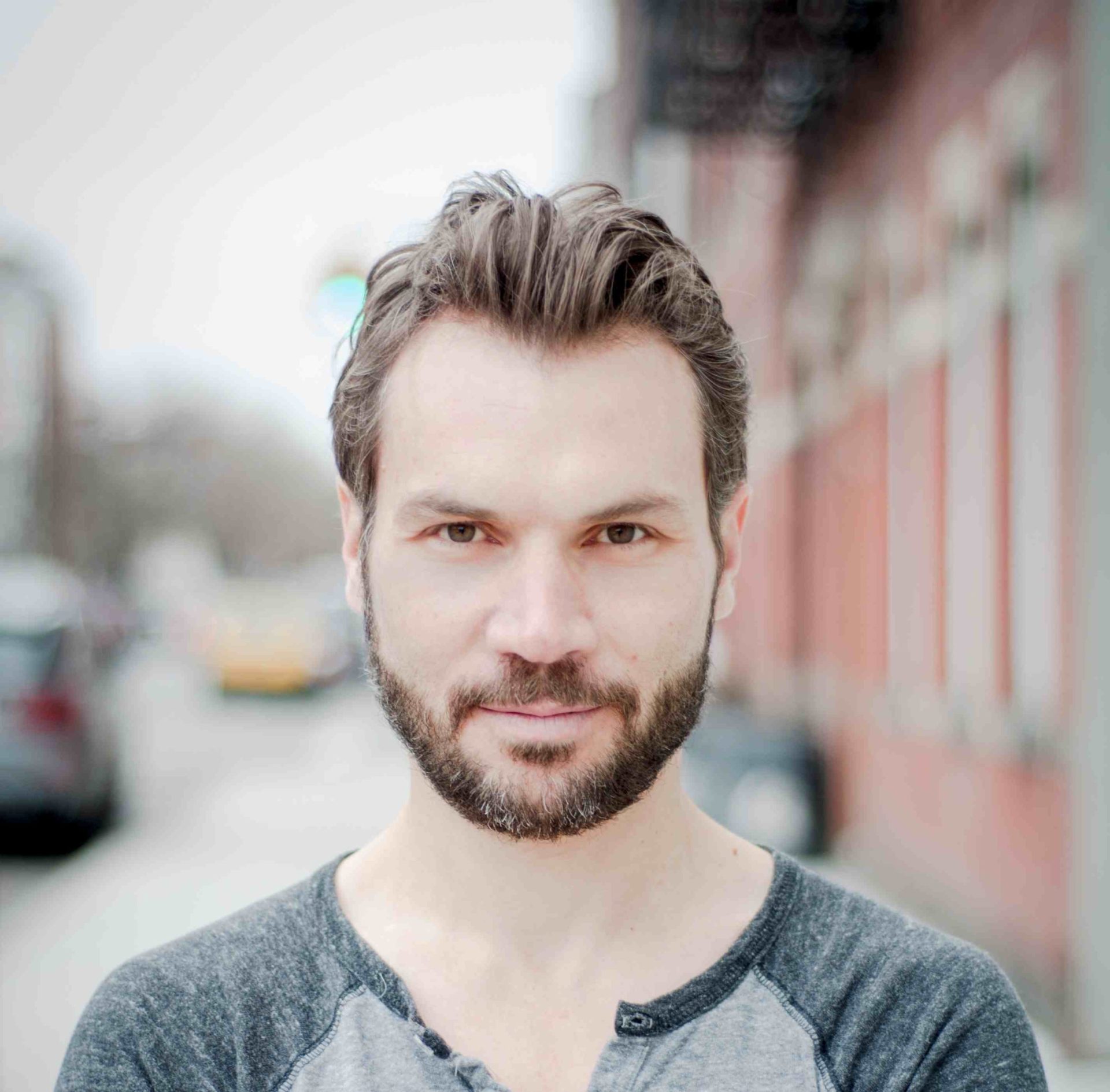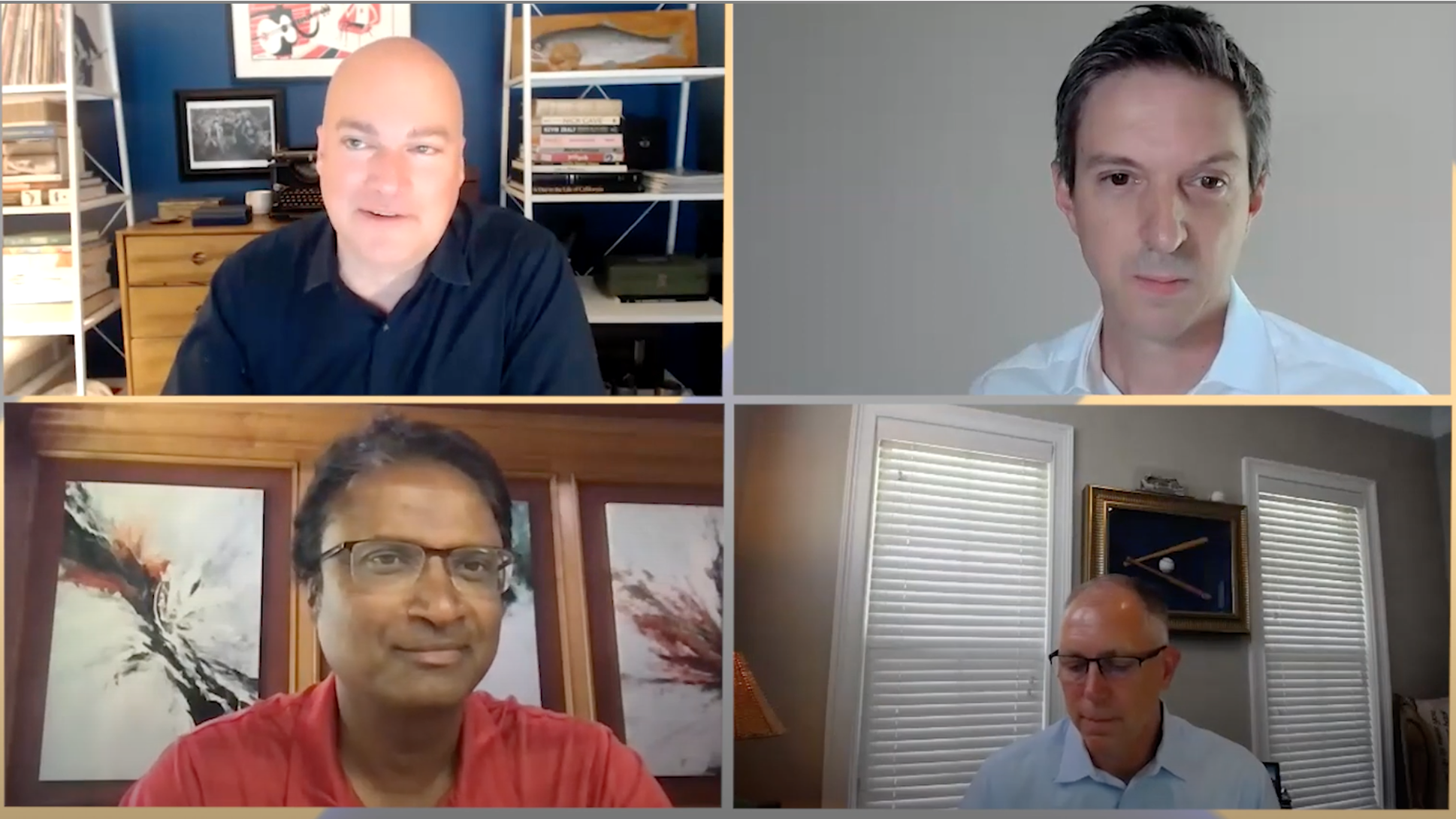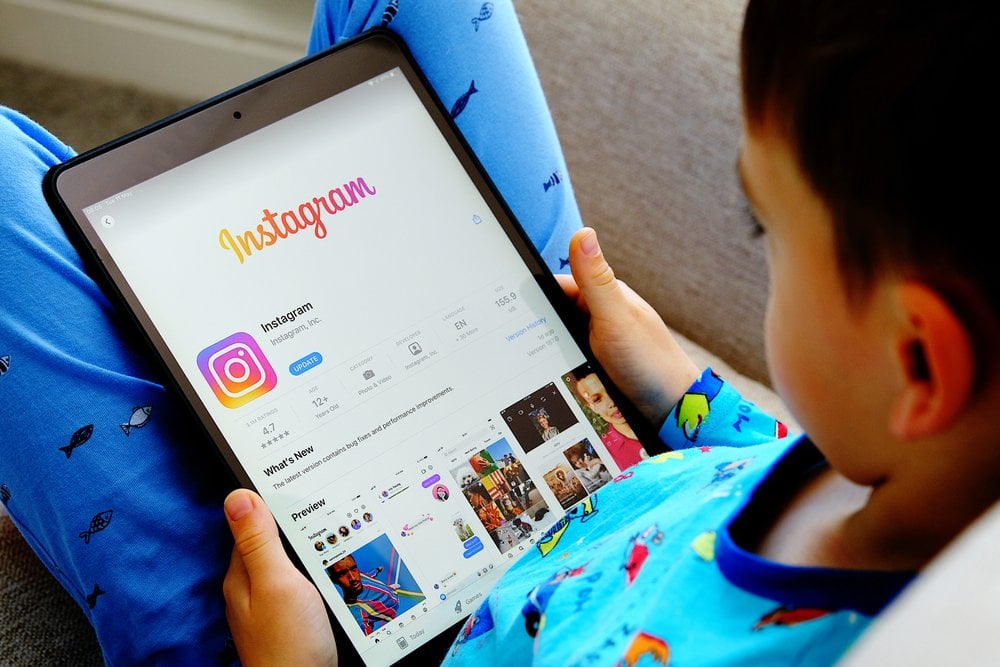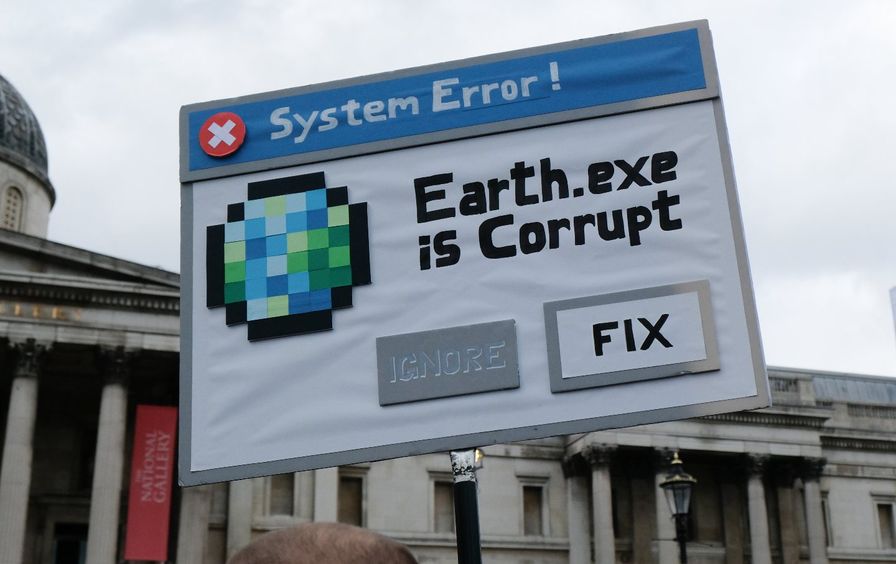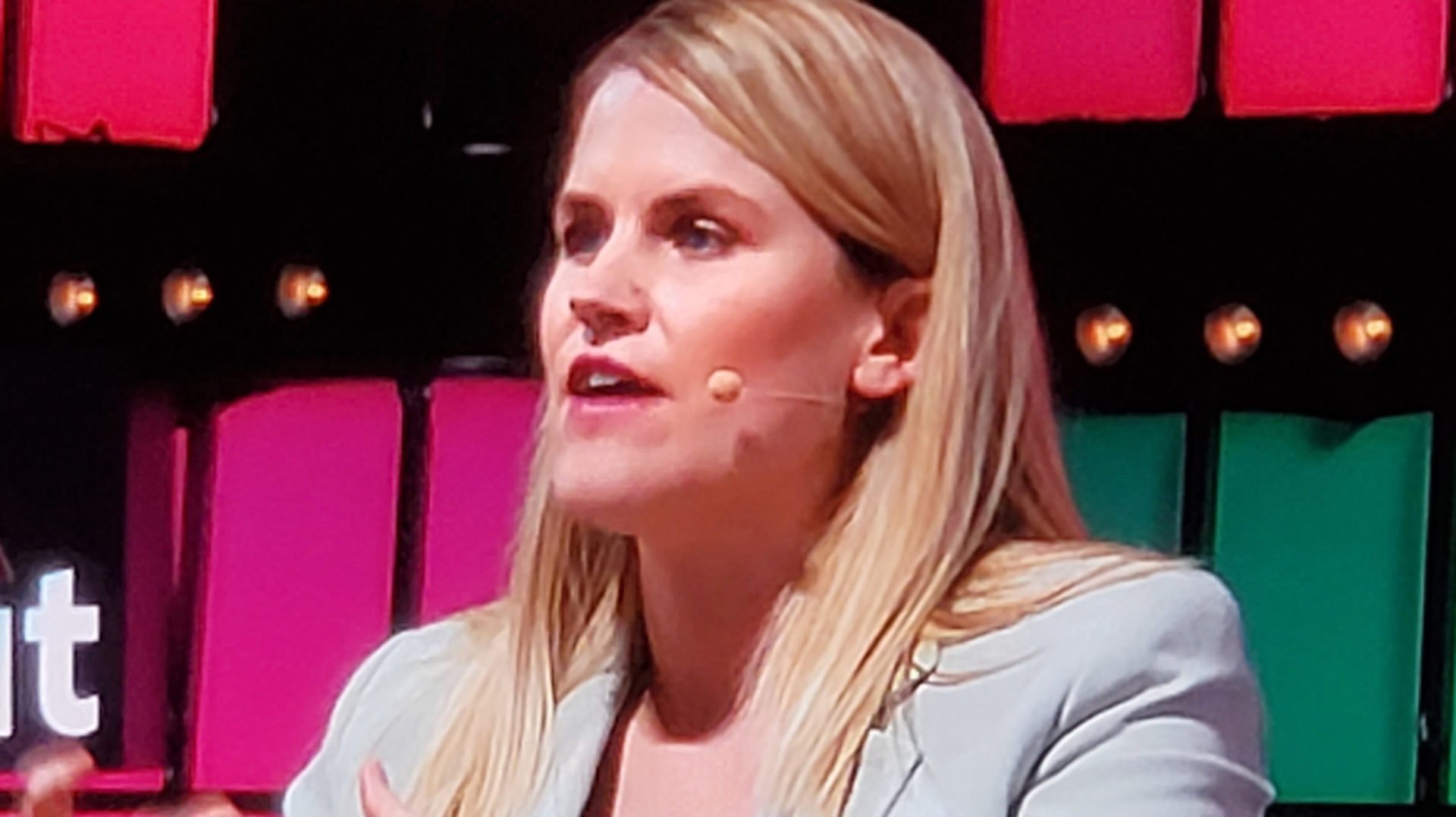What do you do if you’re an artist in need of supplies, but you happen to be broke? Creative people have been pooling and exchanging resources for generations. Now, the emerging Internet-enabled sharing economy makes it easier than ever to swap, say, legal advice for lumber. That’s the kind of transaction that OurGoods, a new resource-sharing platform for artists, actually facilitates. OurGoods also serves “designers, technologists, makers, farmers, and activists,” said co-founder and activist Caroline Woolard when we talked to her at the recent Sharing Economy Summit at NYU’s Stern School of Business. “Artists have a lot of skills and also education, but don’t necessarily have money to pay each other to get their work done,” said Woolard. But OurGoods doesn’t just aim for one-off online bartering. Its greater goal is to build what Woolard calls “cross-class trust networks” that “enable a kind of trust-building that leads to social justice.”
Woolard believes the sharing economy isn’t just about shared tools, but “shared wealth, shared decision-making.” She has an idealistic vision of how a sharing economy could evolve in local communities, with “each neighborhood having a tool-lending library, an open-source computer station, and a way … to enable people who are moving around all the time to connect with people who have been sharing for generations.” But she worries that government and big business may disregard the ideals of the sharing economy, and ignore our collective responsibility for broader social welfare. She sees a much darker future potentially emerging. She is particularly concerned about the impact of ballooning student loan debt on the economic future of “creative debtors.” Woolard believes that helping leaders understand the principles of a sharing economy will lead to a “more exciting world” where “you can walk outside of your house and know that other people are supported and sustained.”
Can a Sharing Platform for Artists Point to a More Equitable Society?
What do you do if you’re an artist in need of supplies, but you happen to be broke? Creative people have been pooling and exchanging resources for generations. Now, the emerging Internet-enabled sharing economy makes it easier than ever to swap, say, legal advice for lumber. That’s the kind of transaction that OurGoods, a new resource-sharing platform for artists, actually facilitates. OurGoods also serves “designers, technologists, makers, farmers, and activists,” said co-founder and activist Caroline Woolard when we talked to her at the recent Sharing Economy Summit at NYU’s Stern School of Business. “Artists have a lot of skills and also education, but don’t necessarily have money to pay each other to get their work done,” said Woolard. But OurGoods doesn’t just aim for one-off online bartering. Its greater goal is to build what Woolard calls “cross-class trust networks” that “enable a kind of trust-building that leads to social justice.”

